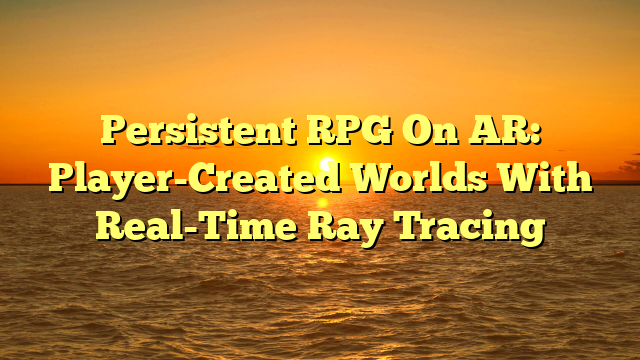Political affairs are multifaceted and continuously shifting, shaping the course of nations. Understanding the dynamics of politics is crucial for anyone interested in societal progress.
At its core, politics is about power. The holders of power and their intentions largely determine political results. Different political systems like democracies and autocracies provide various approaches to governing.
In democratic systems, the focus is on representation and holding leaders accountable. Through elections, citizens select those who govern them. Despite its strengths, democracy struggles with issues including media bias, societal divides, and political apathy.
Conversely, authoritarian regimes maintain control through centralized power. wsoslot88 trades political freedom for order and control. The struggle between personal freedoms and governmental control defines much of political discourse.
Ideologies guide the priorities of governments and sway voters’ perspectives. From liberalism and conservatism to socialism and nationalism, these ideas offer different visions for society’s future. The clash and compromise among these ideologies fuel democratic debate and legislative progress.
Today, media and digital tools have a profound impact on political processes. Social media platforms can mobilize support quickly but also spread misinformation. This dual-edged influence challenges governments and citizens to discern truth from manipulation.
Cross-border political dynamics influence national policies and international stability. Transnational problems necessitate cooperation across nations for effective solutions. However, rising nationalism and economic protectionism sometimes obstruct collaboration.
Ultimately, politics reflects the values, conflicts, and aspirations of societies. For politics to serve the public good, participation and dialogue must flourish. With evolving global issues, staying informed and involved in politics is crucial.
—
—


